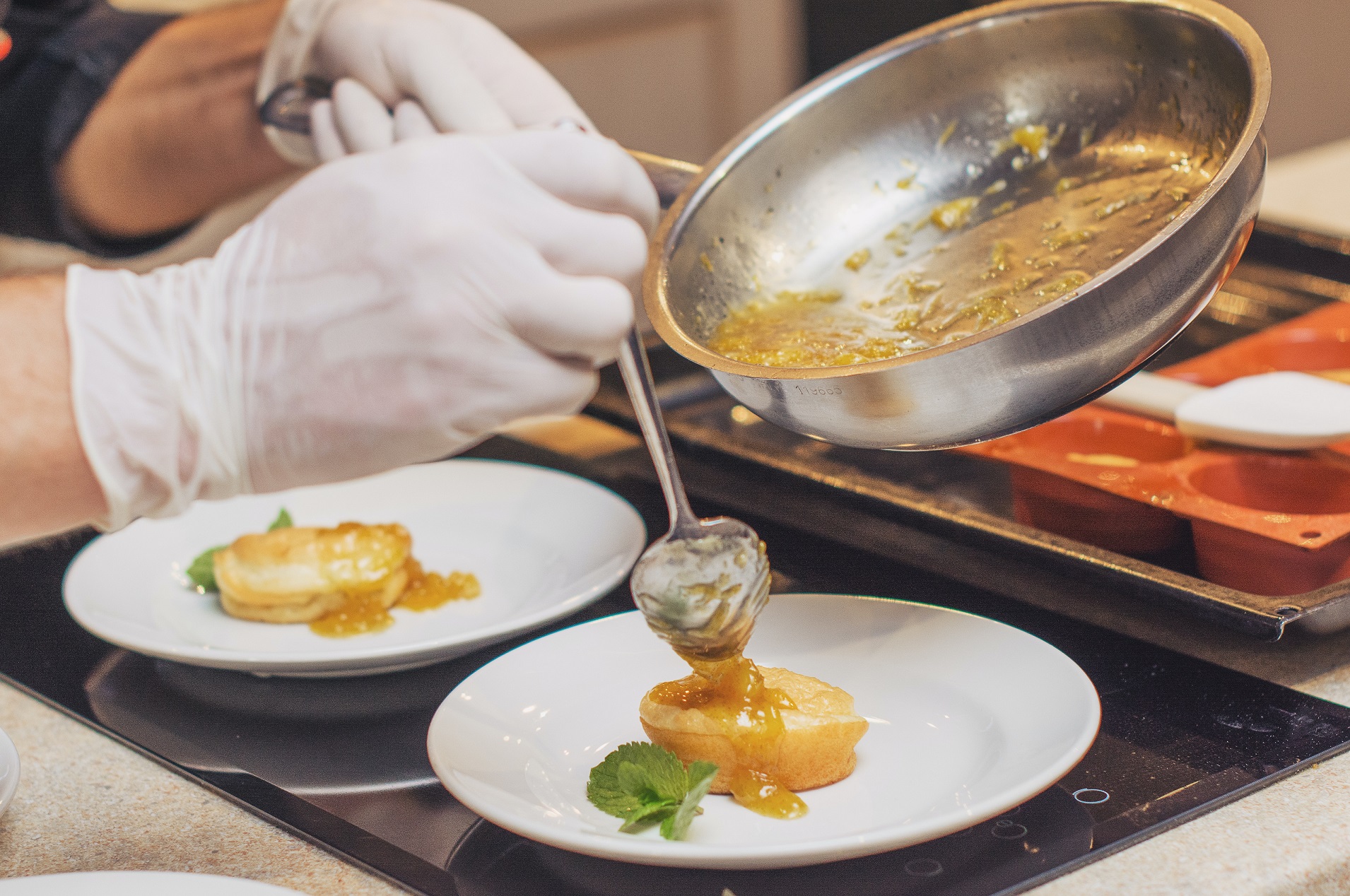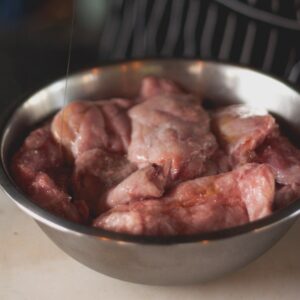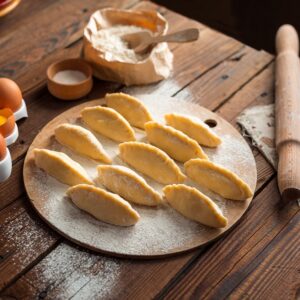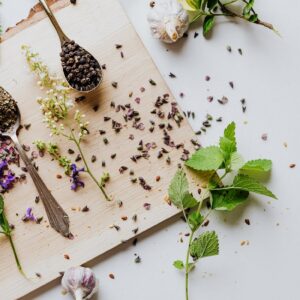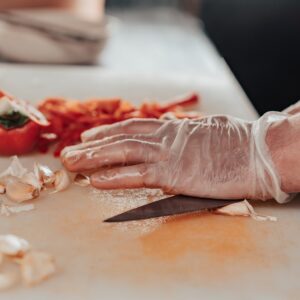Cooking can be an art, a science, or a combination of both. Whether you are a seasoned chef or a beginner cook, there are certain rules that should be followed in order to achieve the best results in the kitchen. Here are 5 of the most important rules to keep in mind when cooking:
Know Your Ingredients: Before you start cooking, it is essential to understand the properties of the ingredients you will be using. Different ingredients have different cooking times, textures, and flavor profiles, so it is important to know how they will interact with each other and how they will be affected by cooking methods. This knowledge will help you make informed decisions about how to prepare and season your dishes.
Use the Right Tools: Having the right tools in the kitchen can make all the difference when it comes to cooking. Whether it’s a sharp knife, a sturdy cutting board, a reliable set of pots and pans, or a good set of measuring cups and spoons, having the right equipment will make your cooking experience easier and more efficient.
Follow Recipes Carefully: If you are using a recipe, it is important to follow it closely and to not make any substitutions or changes until you have a good understanding of the dish and the ingredients. Recipes are developed to work in a specific way and making changes can result in dishes that are not up to your expectations.
Practice Proper Food Safety: When cooking, it is important to practice good food safety habits. This includes washing your hands frequently, keeping your kitchen and cooking surfaces clean, properly storing and handling raw ingredients, and cooking food to the appropriate temperature to kill any harmful bacteria.
Be Patient and Pay Attention: Cooking can be a process that takes time, and it is important to be patient and pay attention to what you are doing in order to achieve the best results. Whether you are sautéing vegetables, simmering a sauce, or baking a cake, taking your time and paying attention to the details will help ensure that your dishes come out perfectly every time.
Seasoning is Key: One of the most important aspects of cooking is seasoning. Knowing when and how to add salt, pepper, herbs, spices, and other seasonings can greatly enhance the flavor of your dishes. It is important to taste your food as you go and adjust the seasoning as needed. Over-seasoning can ruin a dish, so it is important to be mindful and add seasonings in moderation.
Cook with Confidence: Cooking can be intimidating, especially for those who are new to the kitchen. However, it is important to have confidence in your abilities and to not be afraid to make mistakes. Practice makes perfect, and the more you cook, the more confident you will become. Don’t be afraid to try new recipes or to experiment with different ingredients and cooking methods.
Respect the Heat: Understanding heat control is critical to cooking. Different cooking methods require different levels of heat, and it is important to understand how to use heat to your advantage. For example, high heat is great for searing meat, while low heat is best for slow-cooking stews. Paying attention to heat levels and adjusting as necessary will help you achieve the desired results in your cooking.
Use Fresh Ingredients: Using fresh ingredients can greatly enhance the flavor of your dishes. Fresh produce, meats, and dairy products will have a more vibrant flavor and a better texture than those that have been sitting in the fridge for days or weeks. Whenever possible, try to use the freshest ingredients available to you.
Presentation is Important: The final touch to any dish is presentation. Whether you are serving a simple meal at home or presenting a dish for a special occasion, taking the time to make the food look appealing can greatly enhance the overall dining experience. Simple touches such as arranging food on a plate, adding a garnish, or drizzling sauce over the top can make all the difference.
Know Your Oven: Ovens can be finicky, and it is important to understand how your oven works and how to properly use it. Different ovens have different temperature accuracy, and some may run hotter or cooler than others. It is important to calibrate your oven and to understand the difference between the temperature you set and the actual temperature inside the oven. This will help ensure that your dishes cook evenly and to the desired level of doneness.
Plan Ahead: Planning ahead is key to a successful cooking experience. Whether you are meal prepping for the week, or preparing a special dinner, it is important to have a plan in place. This will help you avoid last-minute stress and ensure that you have all of the ingredients and equipment you need on hand.
Get Creative: Cooking is a creative endeavor, and it is important to have fun and let your imagination run wild. Try new recipes, experiment with different ingredients, and don’t be afraid to put your own spin on traditional dishes. This will keep cooking exciting and help you discover new dishes and flavors that you love.
Clean as You Go: Cleaning up as you go can help make your cooking experience more enjoyable and less stressful. By washing dishes, wiping down counters, and putting away ingredients as you use them, you will be able to focus on the cooking process and avoid a big mess at the end.
Learn from Your Mistakes: Cooking is a learning experience, and it is important to embrace mistakes and learn from them. Whether it’s a dish that didn’t turn out as expected, or a technique that you need to improve upon, every mistake is an opportunity to learn and grow as a cook. So, don’t be discouraged by mistakes, and keep trying new things in the kitchen.
In conclusion, these rules of cooking are the foundation for successful and delicious meals. By understanding your ingredients, using the right tools, following recipes carefully, practicing good food safety, and being patient and attentive in the kitchen, you will be able to create delicious and satisfying dishes every time.
